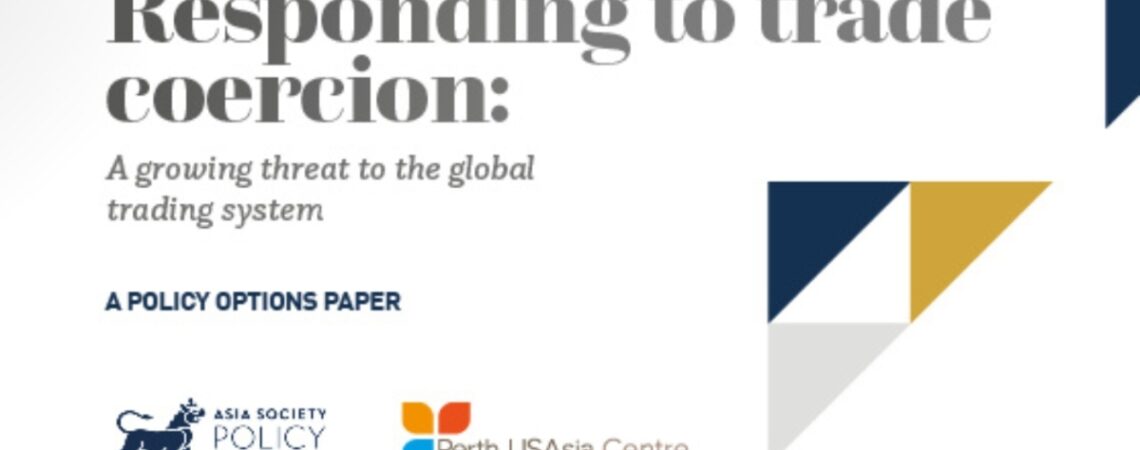As geopolitical tensions have increased in recent years, international trading relationships have become more politicized. Coercive trade practices – including quotas, anti-dumping measures and/or phyto-sanitary barriers – have emerged as one of the more concerning expressions of this trend. These actions work to harm trade partners economically in effort to apply political pressure as part of a broader diplomatic dispute. This presents a serious threat to the integrity of the rules-based trading system.
Currently, existing trade instruments are unable to adequately address this growing concern. The World Trade Organization (WTO) is slow to respond, in the absence of a functioning appellate body, and coercive trade practices can be difficult to identify and quantify, allowing for many cases to go unreported. It will be critical for governments to find alternative tools for dealing effectively with trade coercion.
Report_Responding to Trade Coercion_A Growing Threat to the Global Trading SystemTo read the full report, please click here.

